Clinical Research Program
The clinical research program is fed by the tools and results obtained in the translational research program.
The ultimate goal of the Prism program is to improve patient outcome. We believe this will be achieved by detecting hard-to-treat patients early in the disease course thanks to the tools and the therapies developped in the translational research pogram. These accomplishments, then, move to clinical research.
Four clinical trials are currently underway :
Organotreat
Lead scientist : Fanny Jaulin
Tumor organoids to generate a personalized chemogram for patients and identify unexpected therapeutic options for them. Biopsies will be taken from patients with advanced colorectal cancer and other digestive cancers as they are finishing their last line of treatment.
The resulting patient-derived tumor organoids will then be used to test a panel of 26 treatments to evaluate antitumor activity within 6 weeks and suggest additional or alternative therapies as quickly as possible. A secondary objective is to evaluate the proportion of patients treated according to the chemograms, and the efficacy of the different regimens.
Start date : January 19, 2022
Prism-Durva
Lead scientist : Joana Ribeiro
Triple negative breast cancer account for 15% of breast cancer. This subtype is considered as immunogenic, as anti-PD(L)1 antibodies improve outcome in first line and neoadjuvant setting. Little is known about the cellular dynamics induced by anti-PD(L)1 antibodies. This is due to the lack of paired biopsies between baseline and after treatment.
Describing the cellular dynamics and cell-cell interaction after anti-PD(L)1 antibodies would allow:
- a. better understanding of which immunosuppressive cells induce resistance;
- b. better understanding about mechanisms of action;
- c. develop predictors of efficacy.
Generating knowledge about cellular dynamics could therefore translate into better selection about which patients should receive this class of drugs and would lead to the development of new drugs that reverse resistance.
Start date : December 6, 2021
Sting
Lead scientist : Antoine Italiano
STING is a biology driven, multicenter study designed to identify actionable molecular alterations in cancer patients and to explore mechanisms of sensitivity and resistance to anti-cancer treatment.
The objective of STING study is to perform high throughput molecular analysis (next generation sequencing +/- immunological profiling) to estimate the proportion of patients with cancer presenting at least one targetable genomic alteration.
Patients included in the STING study and for whom a targetable genomic alteration had been identified might be subsequently included in a clinical trial running at Gustave Roussy or another participating center.
Start date : October 5, 2021
Prism-Portal
Lead scientist : Benjamin Verret
Implementing Precision Medicine in cOmmunity HospiTALs is a prospective biomarker study that aims at increasing the likelihood of access to innovative drugs to patients with metastatic breast cancers.
The primary objective of this study will be to use molecular profiling by ctDNA in satellite centers, in patients with metastatic breast cancer to provide them access to targeted therapies in a reference center. In addition to provide information about actionability, ctDNA could also provide information about outcome. Several consistent studies have indeed shown that kinetics of ctDNA levels under therapy correlates with outcome.
The secondary objective of the present study will be to validate the prognostic value of the kinetics of ctDNA. This could allow detecting hard-to-treat breast cancer as early as possible in the disease course and propose them an access to innovation.
Start date : June 29, 2022
IHU PRISM founders
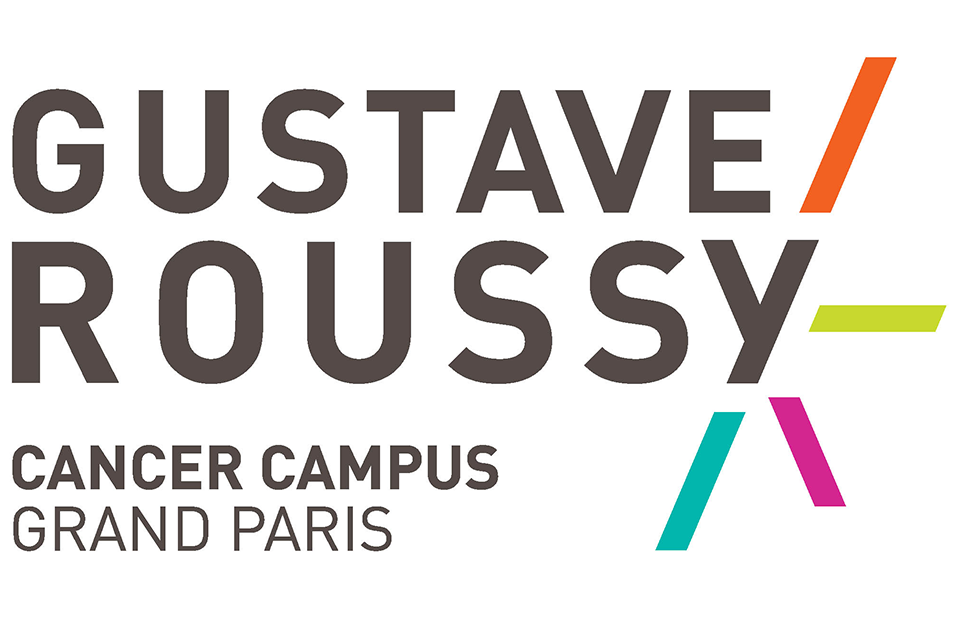

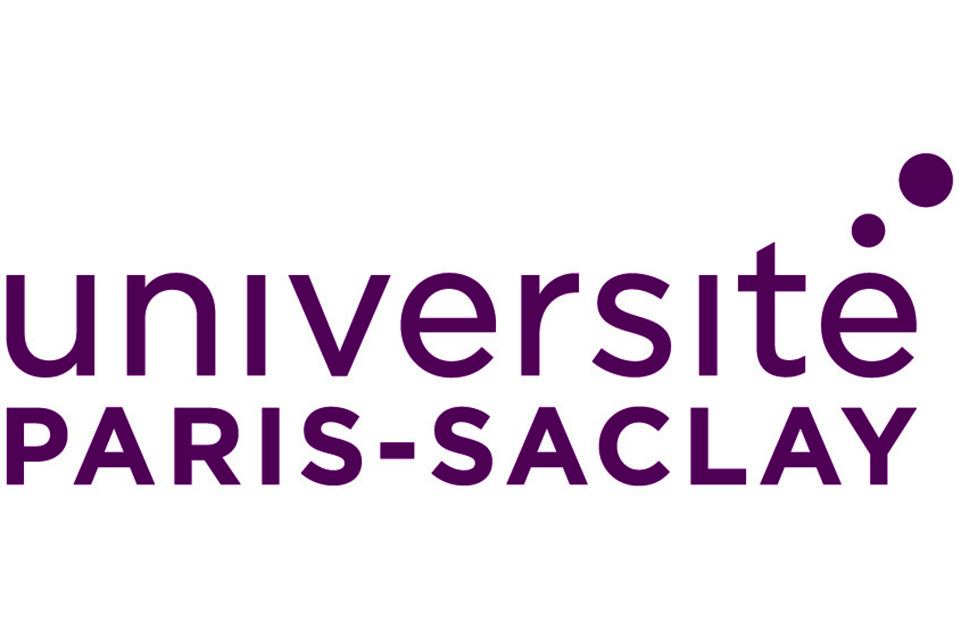

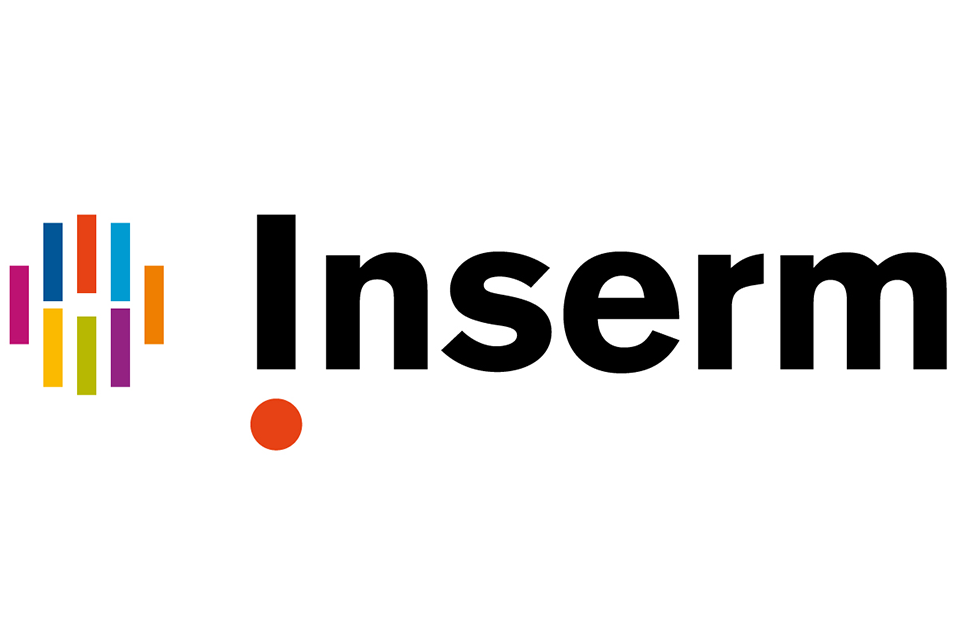
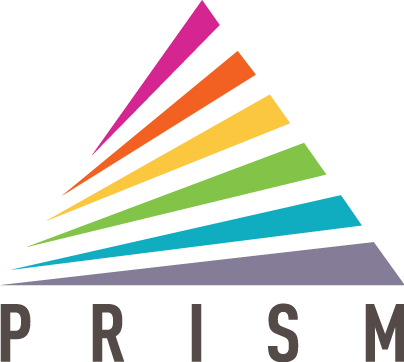



Where to find us
Prism IHU
Bâtiment de médecine moléculaire
32 Rue Camille Desmoulins
94800 Villejuif
Tél. +33(0)1 42 11 00 00
info -at- prism.center
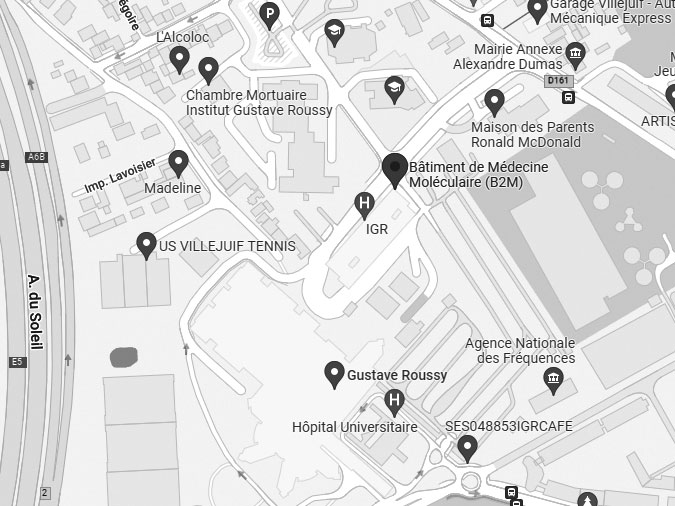
Links
Press
Work with us
Call for project
Guidelines for funding acknowledgement
Accessibility
Cookies Policy
Legal notice